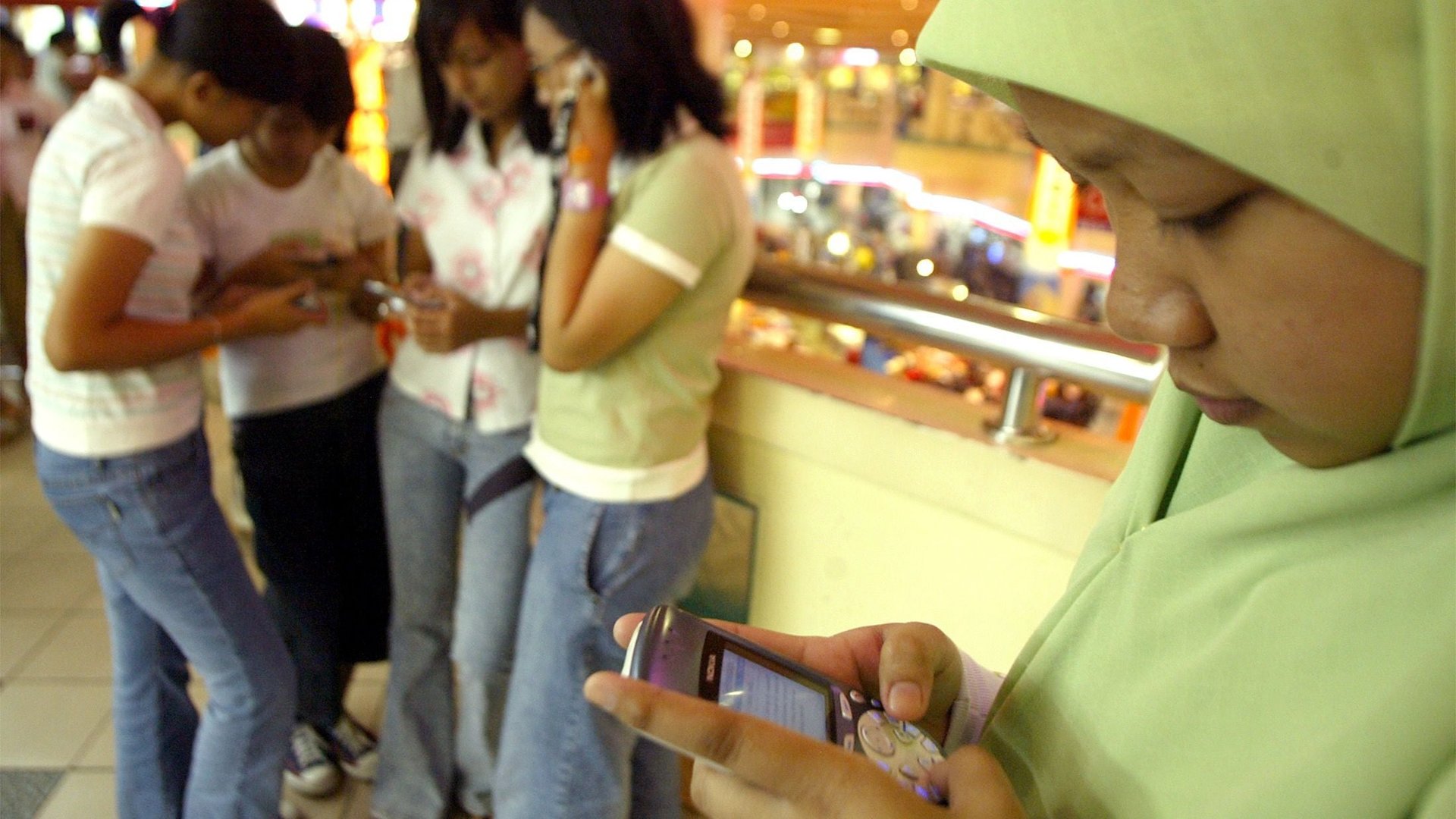An Indonesian official wants to ban cell phone use for kids—to make them smarter and more social
The debate over how and when students should be using cell phones took a curious turn this week. In Indonesia’s capital of Jakarta, a government official floated the idea of banning the use of cellphones among children entirely—not just during school. She said she’s even drafting proposed regulations on the matter (link in Bahasa).


The debate over how and when students should be using cell phones took a curious turn this week. In Indonesia’s capital of Jakarta, a government official floated the idea of banning the use of cellphones among children entirely—not just during school. She said she’s even drafting proposed regulations on the matter (link in Bahasa).
Yohana Susana Yembise, the minister for women’s empowerment and child protection, said that such a rule would protect children from inappropriate online content, and from cell phone distractions that can make focusing on schoolwork difficult and can impair the development of social skills. She made the pledge during a speech at a university seminar in Jakarta.
How such a rule would be enforced is unclear. And, of course, her idea would have a long way to go before becoming a law. For one, other officials might disagree with her reasoning.
“We can’t just blame gadgets for the problems that children are facing today,” Seto Mulyadi, the chairman of the National Commission for Child Protection, told the Jakarta Globe in response. “How the gadgets are used depends on the user. There are kids who use their gadgets wisely, and some who use it for indecent purposes. So the minister should reconsider her arguments when proposing such a regulation.”
Instead, Seto argued, the government should educate families about using technology wisely and positively, and warn them about online predators and cyberbullying.
Yembise did suggest that phones with limited functionality might be appropriate for teens.
The debate over the how students should be allowed to use cell phones is, of course, a global one. As Time reported, studies suggest a correlation between cell phone usage and lower scholastic test scores. After cell phones were banned in parts of England, one study found, the test scores of 16-year-olds increased by 6.4% of a standard deviation. It was, the researchers concluded, the equivalent of adding five days to the school year.